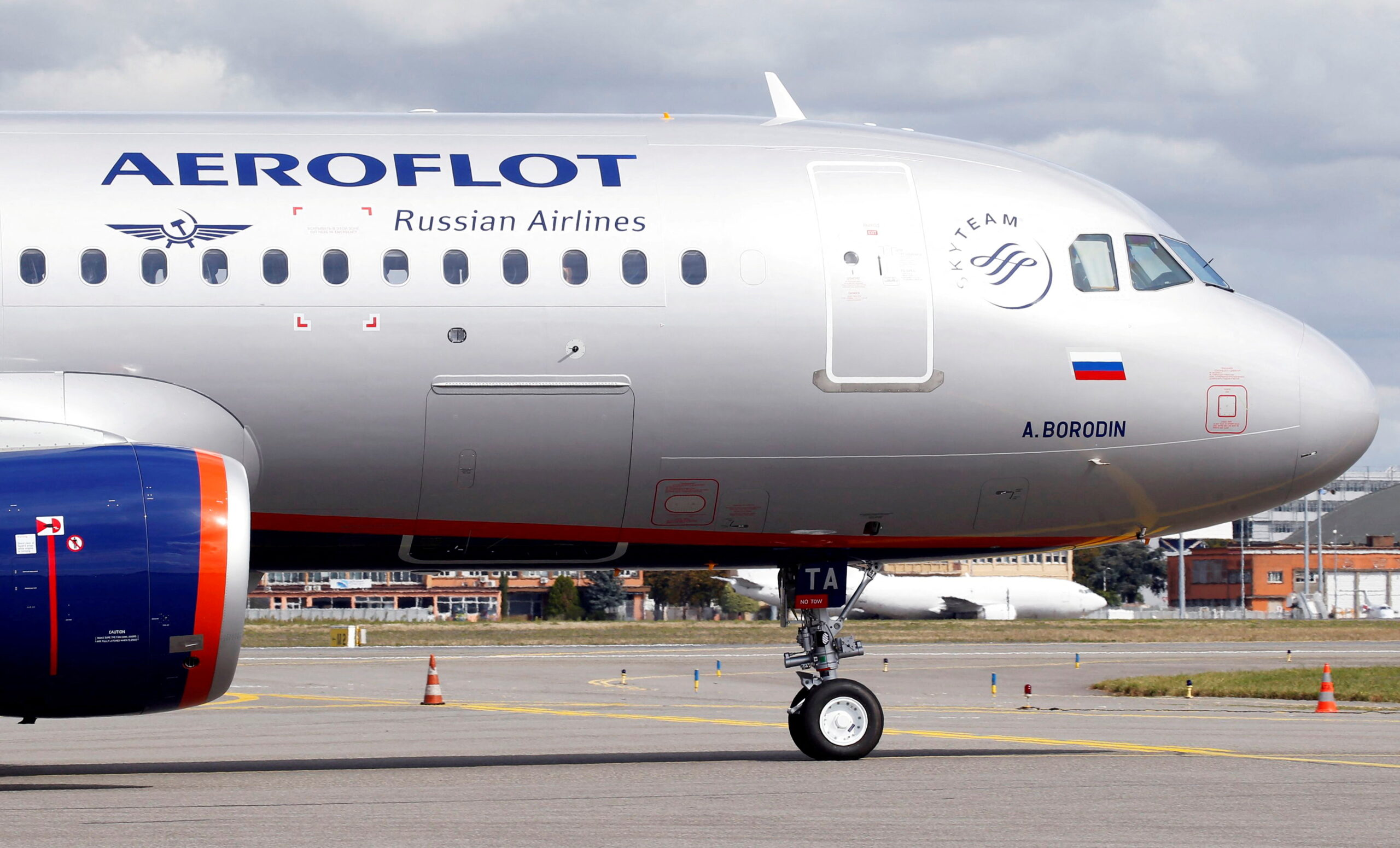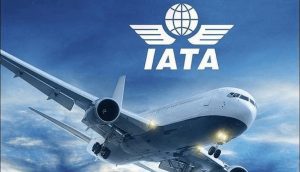Sabre, a provider of airline information technology to Aeroflot, said on Thursday morning it would stop providing distribution services to the Russian flag carrier, essentially preventing it from selling tickets.
“We are taking a stand against this military conflict,” said Sean Menke, CEO of Sabre.
The moves come as part of a broader retreat from Russia. Expedia has stopped selling travel to and from Russia, Boeing has suspended major operations in Moscow, and multiple airlines have stopped flying to, and over, Russia. Meanwhile, enterprise software giant Oracle has “suspended all operations” in Russia while Apple has stopped selling its devices there.
“There’s likely one final action that can level, instantly, Russian commercial aviation,” tweeted Jon Ostrower of The Air Current on Tuesday before the announcements. “That’s Sabre, the IT backbone on which Aeroflot runs. No Sabre, no reservations. No reservations, no airline.”
While Russian airlines have been banned from North American and Western European airspace, they’ve been able to fly abroad in other directions. Removing Aeroflot from agency platforms made it harder for agents worldwide to book Aeroflot tickets. For internal domestic flights, travel agents can use Sirena, a Russian distribution player. Chinese buyers can use Travelsky.
Amadeus had the largest share of distribution in Russia, Sabre had the second-most, and Travelport had the third-most, according to statistics from Travelport that covered the past 12 months and the pre-pandemic year of 2019.
There are two sides to the services the tech vendors provide. One side is their reservation services used by hundreds of thousands of online and retail travel agencies and corporate travel management companies.
Amadeus and Sabre, but not Travelport, also provide passenger service systems to airlines to help run their operations, too.
“Reservations, passenger service, operations, network planning, and management are core automation, commercial, and operating systems, without which airlines cannot function, except minimally and manually,” said Robert Mann, an industry consultant.
Lastly, Amadeus and Sabre sometimes run “central reservation systems” for airlines, helping the airlines take bookings.
“It’s reasonable for GDSs to decide not to sell Russian flights if they so choose,” said Brett Snyder of Cranky Flier. “But it’s a lot harder to make the decision to turn off the airline reservation system. That effectively shuts the company down.”
Some analysts thought any action at this point would be superfluous.
“I give it five to seven days before domestic aviation is grounded,” said Mike Boyd, president of Boyd Group International. “With many planes repo’ed [being reposessed], with Boeing suspending parts, maintenance, and technical support services, and with passengers being hard up for cash, Russian airlines will mostly stop flying.”
However, Russia might try to follow a policy of carriers grounding two planes to use for spare parts for every plane it keeps in service, on average, according to Djois Franklin, CEO of Seatmaps, a Germany-based seat map data vendor. That policy could keep domestic aviation flying for much longer.
Some analysts noted that legal contracts can make things complicated.
“For example, Amadeus hosts the Russian airline S7,” said Eric Leopold of the aviation consultancy ThreeDot. “Will Amadeus suspend their service, meaning that S7 cannot board their flights? These relations are based on contracts, which are difficult to suspend unless there are clear sanctions to apply.”
“Our immediate focus remains the safety and wellbeing of our colleagues and their families in Ukraine,” the Amadeus spokesperson said. “In light of the attacks on Ukraine, we immediately stopped any new planned commercial projects in Russia. At the same time, we continue to assess and evaluate the potential impact of international sanctions imposed on Russia and any counter-measures by Russia.
A Decision for IATA, Too
Mann also argued that the leading industry body the International Air Transport Association, or IATA, should stop facilitating payments and commerce for Russia-based airlines.
We asked that organization for comment.
“We comply with all sanction regimes applicable to us,” a spokesperson said. “This has reduced IATA’s business activity in Russia. Prior to the imposition of sanctions, some 140 airlines were doing business in Russia through the IATA BSP [billing and settlement plan].”
“As a result of the conflict and the sanctions, many people who purchased tickets will have had their trips canceled and will be seeking refunds, which would typically be processed through the BSP if the tickets were purchased through a travel agent,” the spokesperson said. “Closing the BSP would eliminate this recourse.”
Meanwhile, many travel tech companies, including Kiwi.com and Hopper and Sabre, have been donating money to relief efforts.
“To help support humanitarian programs in the region, Sabre, which has approximately 1,500 team members in Poland, has donated $1 million to the Polish Red Cross,” Menke of Sabre said.
Source: Skift





